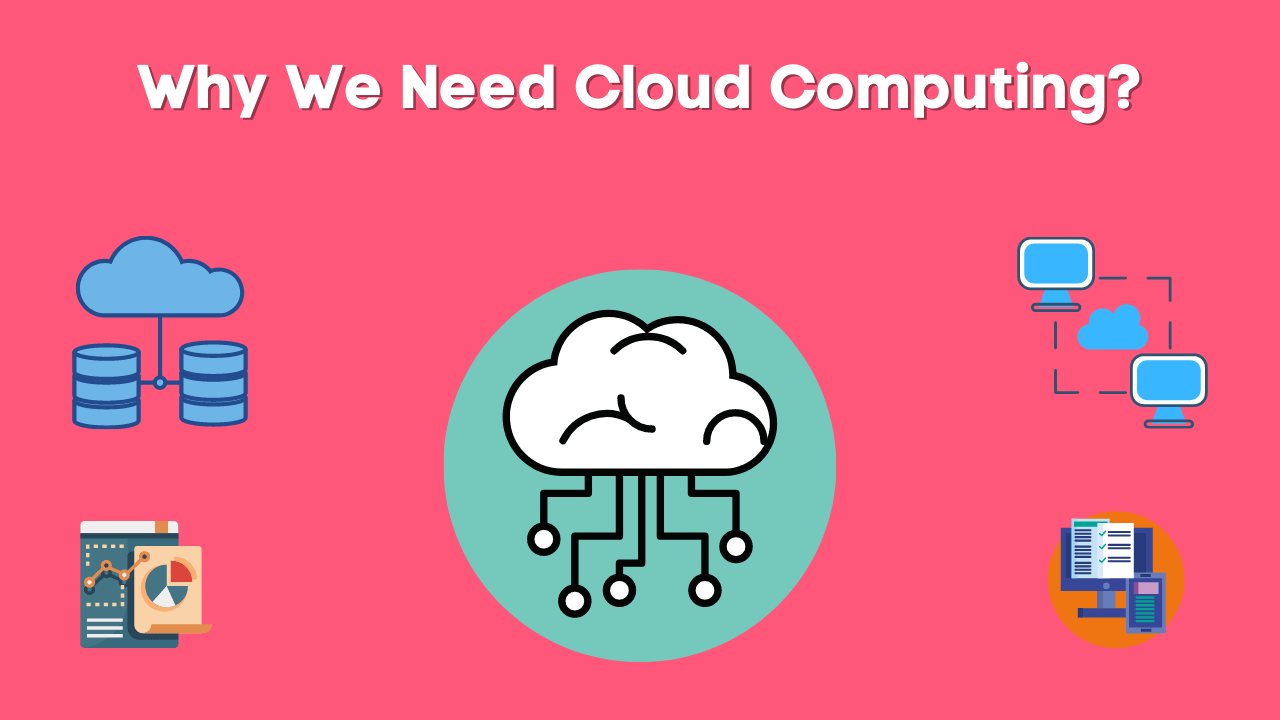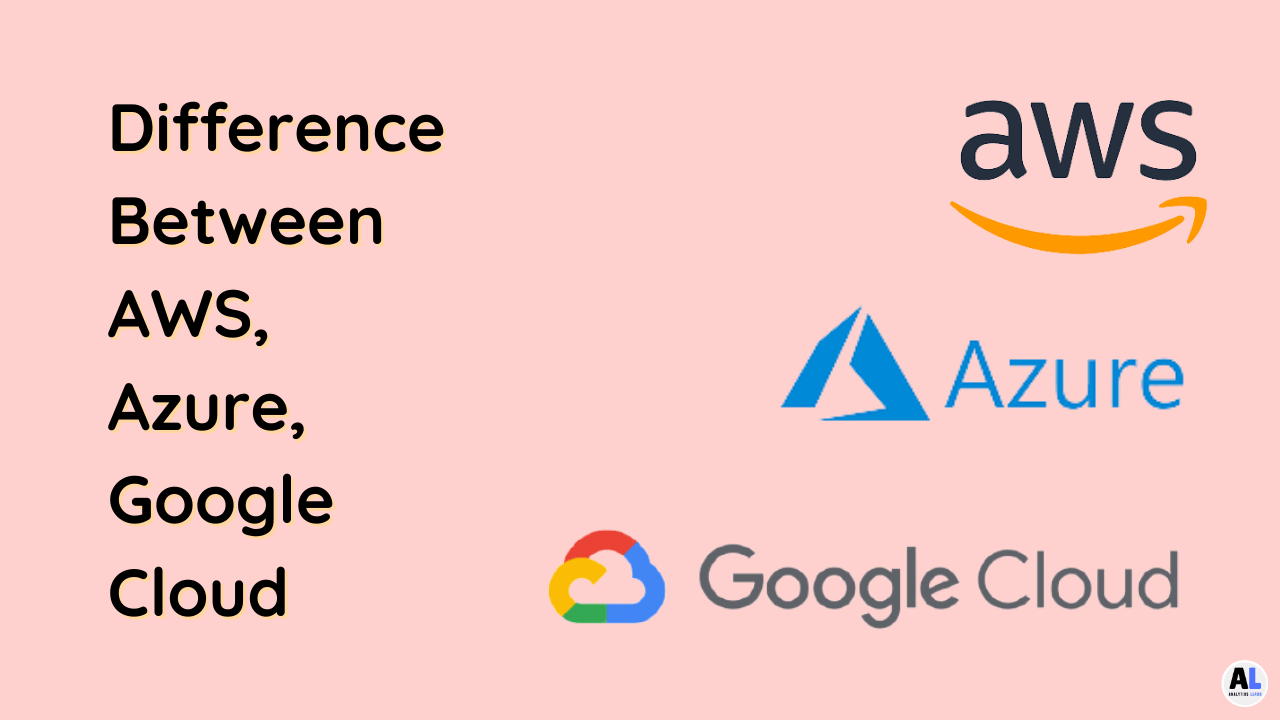In this article, we are going to discuss cloud computing benefits and Why it is Important For Your Business? etc.
Cloud computing services are beneficial for every small to larger sized business.
The cloud is a flexible, cost-effective way of providing IT resources without having to buy expensive servers and software packages.
In addition, the features provided by cloud computing providers allow businesses to leverage both onsite and cloud-based data storage and networking capabilities.
What is Cloud Computing?
Do you want to start using the cloud? It is the latest technology in today’s world which many big companies are adopting and they are seeing great results.
Cloud Computing is nothing but the computation process on the cloud using different programming languages, Storage space, and virtual systems.
It is a service provided by specific cloud providers to work on the cloud globally With the help of the Internet, to run your business remotely.
Cloud computing is the best option for all business owners to run their business smoothly and faster and It is helping many people in all industries.
What is virtualization ?
Cloud computing services are based on virtualization. In other words, it is a way of creating a computer system or computer infrastructure without buying the software.
This kind of infrastructure is usually referred to as the virtual machine (VM).
Once you create a VM, you can deploy that VM into any machine on the internet by using cloud computing software.
Is cloud computing reliable?
At least from a cloud provider perspective, cloud computing is more reliable than buying and maintaining your own servers.
You can deploy software updates to your cloud data center without owning or maintaining the hardware yourself.
This, in turn, means that your system and applications will be more available and responsive to your customers.
Types of cloud Computing Services
It has changed the way we store and manage our data and It is a way to move your applications, OS, and data to an external data center location over the internet.
Following are the main types of cloud Computing Services that are highly utilized in different types of Organization
1. IaaS (Infrastructure as a Service)
There is Infrastructure as a Service (IaaS), where you only pay for access to servers and storage capacity which can serve as the foundation for building your own private cloud.
Infrastructure as a Service is a system that mostly concentrates more on data storage and maintaining the large containers.
2. PaaS (Platform as a Service)
PaaS is an existing set of app components and infrastructure that is made available to you on-demand and should include tools that assist developers in creating applications.
Similarly, PaaS is the service that mostly concentrates more on platform services to provide a more scalable and reliable system.
3. SaaS (Software as a Service)
There is software-as-a-service (SaaS), where the entire end-to-end solution is delivered as a service, i.e., you pay to use the application rather than owning it.
SaaS gives a total programming arrangement which you buy on a pay-more only as costs arise from a cloud service.
What are the benefits of cloud computing?
1. Scalability
It provides the ability to offer elastic scalability which means that cloud computing providers can scale up the number of resources required for your applications and service accordingly.
This kind of resource reservation allows your business to make informed decisions when it comes to your cloud-based service usage.
It provides scalability and low cost of deployment which helps businesses to have complete control over their systems.
2. Cost Saving
From a cost-saving perspective, you’ll find that the cloud offers you significant benefits.
Your IT resources can be tailored to suit your current business needs without having to invest a lot of money.
3. Highly Productive
It is a fantastic and new revolution in the world of technology. Not only does it empower us to perform various tasks remotely over the internet but also reduces our cost dramatically to carry out tasks efficiently and productively.
4. Remote Access Service
The biggest benefit of cloud computing is reducing the physical hardware required. So whether you want to set up an application or want to upgrade/ renew your existing license, all such things can be done over the cloud via remote access
5. Suitable for Anyone
The cloud is an emerging option for small-scale and large-scale business sectors from all over the world are using.
We can run all our workload data of applications and processes online rather than on physical hardware and software.
6. enterprise agility
It is the best solution in the market that helps to boost enterprise agility and resource scalability.
It provides agility and elasticity by being able to adjust to an instant’s needs and benefit your small business with Lower costs
How does cloud computing works?
Because cloud computing providers let you run a server, a website, or an application in a different location, your IT resources can be shared.
This frees up the resources of your local data center. When you choose cloud computing over the traditional model, your operational costs are significantly reduced.
In terms of business efficiency, choosing cloud computing over traditional IT infrastructure is not only cost-effective but also effective.
Choosing cloud computing ensures that your network can scale with your business as more users, applications, networks, and devices join the network.
How is cloud computing is Best Solution?
Businesses of all sizes and sectors are moving to cloud computing, for cost savings and increased uptime.
There is more than one way to define the cloud, but what we’re talking about here is a computing infrastructure that’s delivered as a service from one or more providers, via the internet.
Businesses pay only for what they need in public or private clouds, so it can reduce costs overall.
Public and private clouds use similar technologies; therefore, the security of their infrastructures needs to be comparable.
However, there are important differences between the two for businesses to consider before committing to either option.
Why should your business use the cloud?
Cloud computing is cost-effective as you do not have to buy or maintain a central server, This helps you to reduce IT costs significantly.
Furthermore, this computing infrastructure is delivered in a way that the applications, OS, databases, and data can be accessed through mobile devices as well as via your computer.
Using the cloud also allows you to upgrade your systems as and when necessary, which would otherwise be cost-prohibitive.
It also helps to reduce infrastructure costs by reducing the number of servers and the need for expensive hardware such as high-end servers.
It also provides for easy scalability, and therefore, your business can easily grow as your business requires. You can quickly implement changes to meet new business requirements.
Where to find a cloud service provider?
The way company stores and manages its data and resources determine how well it can perform. If your company is not organized or organized, your business will suffer.
There are many cloud services available in the market for different purposes.
1. Amazon Web Services (AWS) for web hosting and infrastructure,
2. Google for web hosting and analytics
3. Microsoft Azure for enterprise data storage and cloud computing
4. IBM Cloud for business and enterprise applications and collaboration.
When choosing a cloud service provider, do not consider pricing when selecting a service. You should look into the number of features you need to use and the competitive rates for these services.
Until recently, accessing Cloud Services meant you needed to download and install the software yourself.
This led to some security risks, one of the biggest being information leaks. Fortunately, this is becoming a thing of the past, thanks to a new generation of Cloud services that are available via mobile apps on Android and IOS devices.
What is the Growth in cloud computing?
With its own set of advantages and disadvantages, Cloud services are best suited for small-sized businesses.
The global cloud computing market has been increasing at a rapid rate in the past few years and according to a prediction by Gartner in 2015, the global cloud services market is expected to reach $216 billion.
This represents a 10.44% increase from 2014 where it was estimated to reach $197 billion.
In 2014, North America made up the largest share of the cloud computing market accounting for 35%.
Despite a high growth rate, Asia-Pacific had the slowest growth as it was only 18%.

Why Cloud Computing is best for Business?
Cloud computing services are beneficial for every small to larger sized business. The cloud is a flexible, cost-effective way of providing IT resources without having to buy expensive servers and software packages.
In addition, the features provided by cloud computing allow businesses to leverage both onsite and cloud-based data storage and networking capabilities.
The cloud computing environment is booming in terms of usage, demand, and hosting service platforms.
The ease of implementing, managing, and running resources over the internet has made a lot of small-scale and large-scale business sectors adopt it very easily.
There is numerous software that offers cloud computing services like office applications, web conferencing tools, virtualization tools, anti-virus tools, mail servers, etc.
Businesses have realized that the cost of operating a cloud computing system can be lower than conventional legacy systems.
Conclusion.
Cloud computing is a growing segment within the Information Technology market.
It offers immense benefits to organizations in the form of cost reduction, access to internal resources, and agility to adapt to new technologies quickly.
It is now no more the prerogative of the larger and multinational organizations to use this technology and instead it is the choice of small and medium-sized businesses to use cloud technology.

Presenting the Data Engineer Team, a dedicated group of IT professionals who serve as valuable contributors to analyticslearn.com as authors. Comprising skilled data engineers, this team consists of adept technical writers specializing in various data engineering tools and technologies. Their collective mission is to foster a more skillful community for Data Engineers and learners alike. Join us as we delve into insightful content curated by this proficient team, aimed at enriching your knowledge and expertise in the realm of data engineering.










